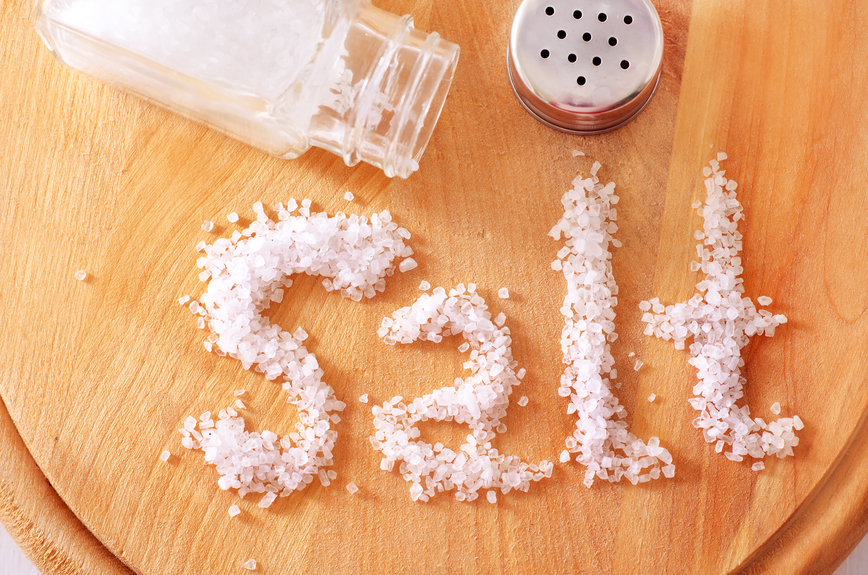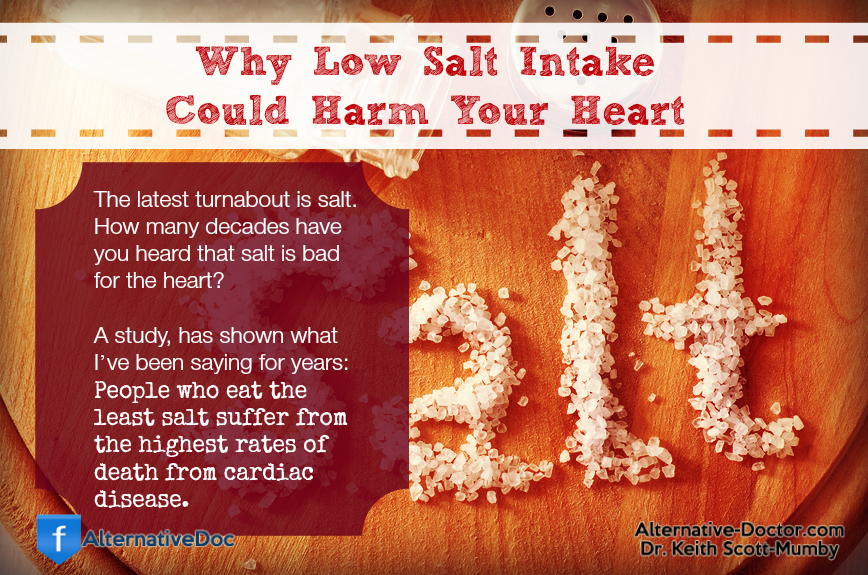One of my favorite correspondents has always been impressed by my statement in VIRTUAL MEDICINE, that science contradicts itself totally about every 25- 30 years. I was thinking about superstrings, quantum gravity and the Big Bang, so-called (a whimpering hiss).
But the same disease is here in medicine too. The arrogant dogmatic assurance that “Everything is the way we say it is – EXACTLY the way we say it is. Those who say differently are liars, charlatans or fools.” Oooops!
“No, cancel that. Everything is exactly the OPPOSITE of what we said it was. Those who say differently are liars, charlatans or fools…”
Leeches are in leeches are out; fats are in, fats are out; food allergies are fraud, food allergies are real; probiotics are nonsensical drivel, probiotics work really well for a variety of conditions; nutrition is just taking vitamins and producing expensive pee, vitamin D stalls cancer…
And so on, endlessly. They just never seem to learn. Knowledge is a cautious thing that you approach gently and lovingly; humbly; this may be true, this may help, this may be a new way forward… Not rigid dogma that considers the case closed as soon as a bunch of toffeeheads currently in fashion have made their particular pronouncement.
There’s even a saying, you may have heard of it: the fame of a man in his field is directly proportionate to how long he holds back progress in that subject!
Most of the dogma comes from scientists (I deplore using that word for numbskulls) fighting over priority, taking bribes, stealing from each other and carrying out research that has more to do with paying the mortgage than the pursuit of truth. It’s despicable and dishonest. But it’s something we have to live with, at least for the time being.
So what does the layman or woman do? Pretty much what I do, really. IGNORE THEM!
Standard Science Vs Your Salt Intake

The latest turnabout is salt. How many decades have you heard that salt is bad for the heart; we should eat less salt.
This is despite the fact we are a bag of salt solution in a skin!
Despite the fact that people die faster in extreme heat when they follow a low salt diet; despite that fact that salt is supposed to be how we get our vital iodine and now almost everybody in the USA is iodine deficient to the point of being in danger.
This idiotic standard of “science” get people killed in millions and yet you still hear it dished out by doctors and, even worse, “experts”.
It infects the media too. I get bombarded with PR request for “an expert who can explain why we should avoid saturated animal fats”.
They’ve already written the story! They are looking for a domesticated dinosaur to back up their ignorant opinions – and they will find plenty, make no mistake.
Why, oh why, can’t editors do it right and ask for “an expert who can explain the new thinking on fats in our diet”.
I volunteered a few times to speak to inquisitive journalists. But then I found I had to face a long interrogation about my credentials and proof positive that I was plain average, well inside the box and without a single innovative or heretical thought in my head. Otherwise reporters are too scared to print anything (except lies, of course).
They were not interested in my 37 years of clinical experience outside the box, with tens of thousands of recoveries among cases that the medical establishment plainly stated they could not fix.
You would think that if I have been able to rectify problems that standard medical science could not, that I would have a stronger voice.
Not among the journalistic wimps I’ve been introduced to here in the USA! Now British journalists, it’s true, are among the nastiest in the world and really carve up people deliberately. But they have the guts to go with an unusual story and print something, anything, that isn’t middle of the road mediocrity.
Anyway, that’s enough ranting. Let me get on with the salt story!
A study, published in the Journal of General Internal Medicine, has shown what I’ve been saying for years: people who eat the least salt suffer from the highest rates of death from cardiac disease.
Even after the researchers adjusted their statistics to account for the effect of cardiac risk factors like smoking and diabetes, the 25 percent of the population who ate the least salt were 80 percent more likely to die of cardiac disease than the 25 percent who ate the most salt.
No strong pronouncements though! Just wriggling, ducking and weaving to try to say something but NOT say “We wuz wrong”.
Animals have more sense: they seek out salt licks don’t they? Find out more about why increasing your salt intake can boost your health in this interview.
[REFERENCE: May 15, 2008, Journal of General Internal Medicine, online ]




